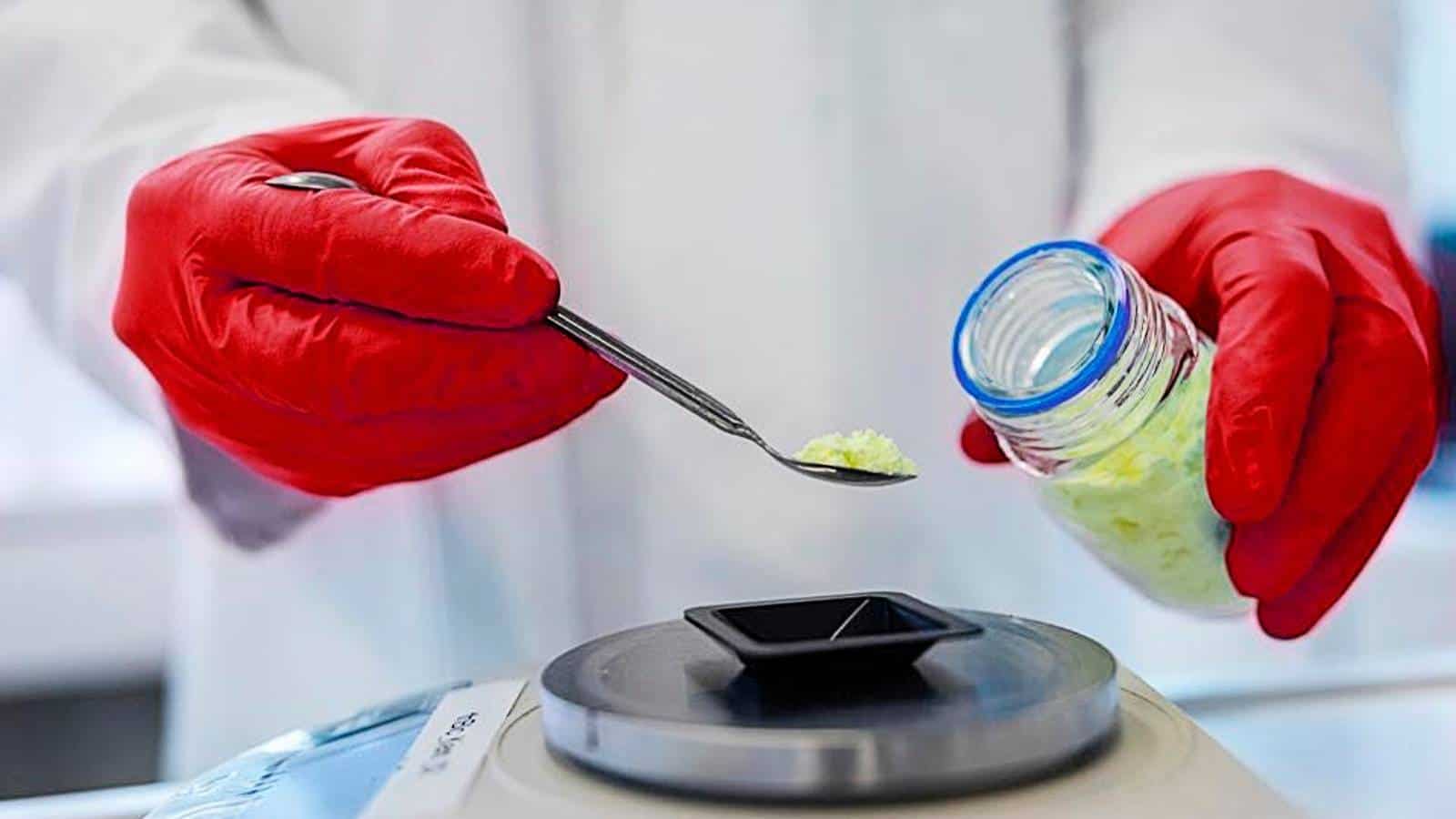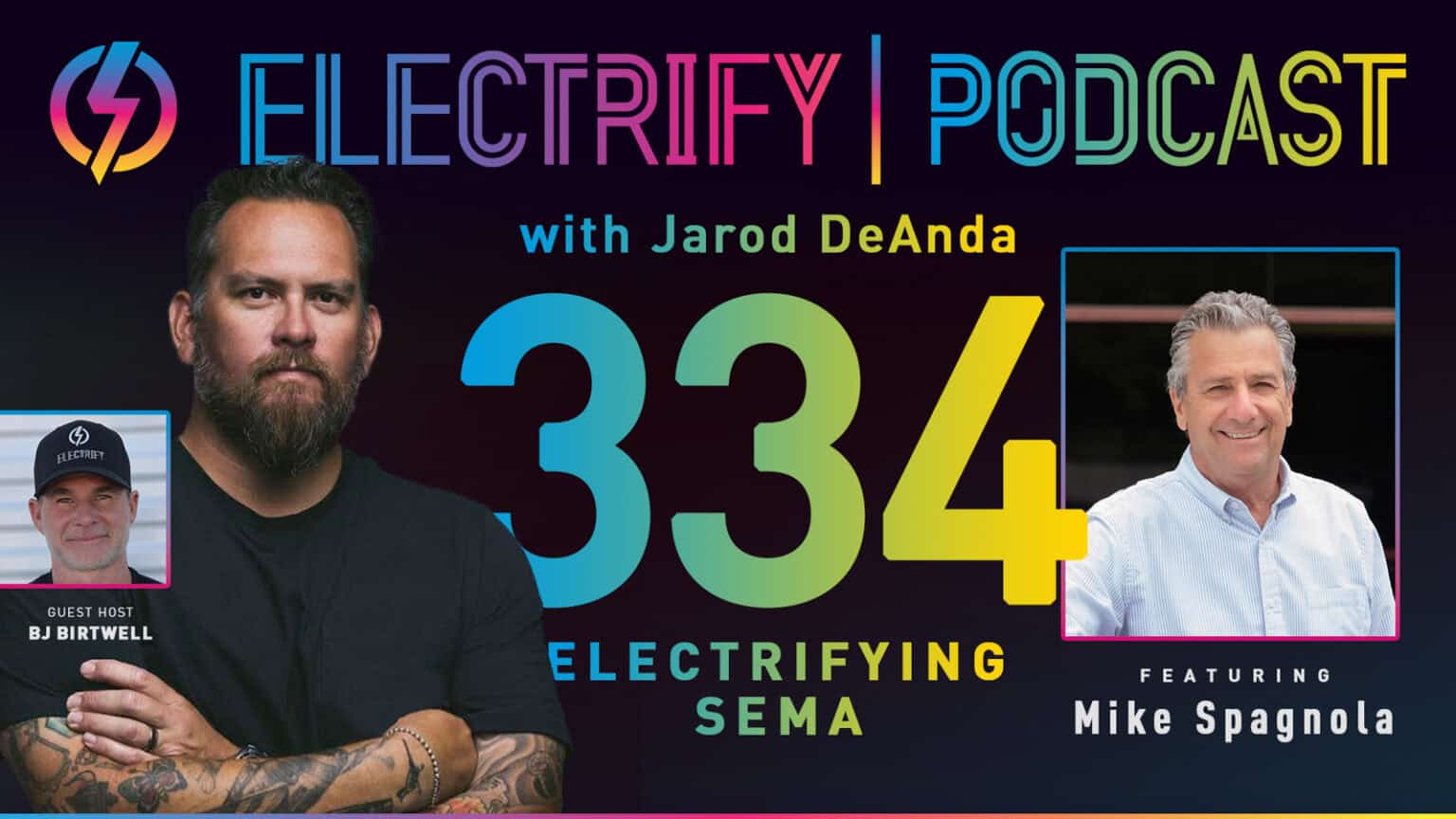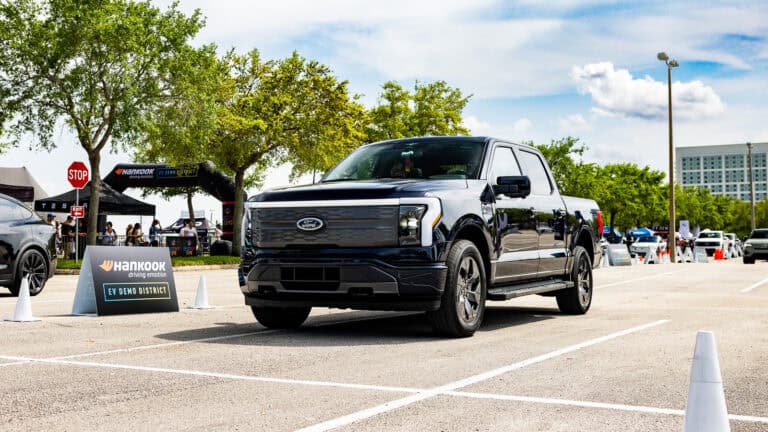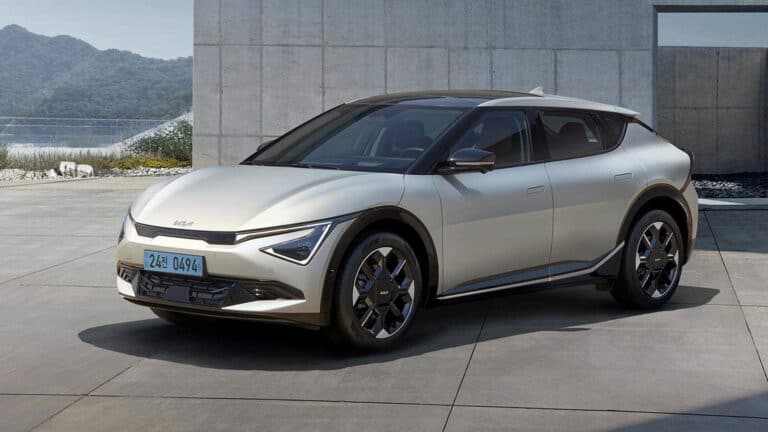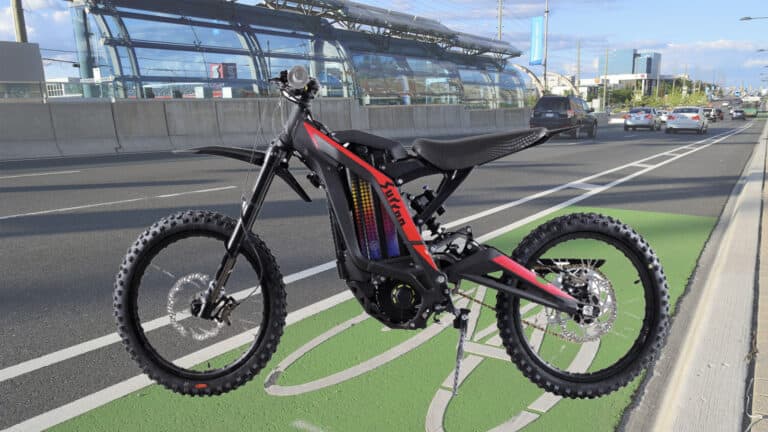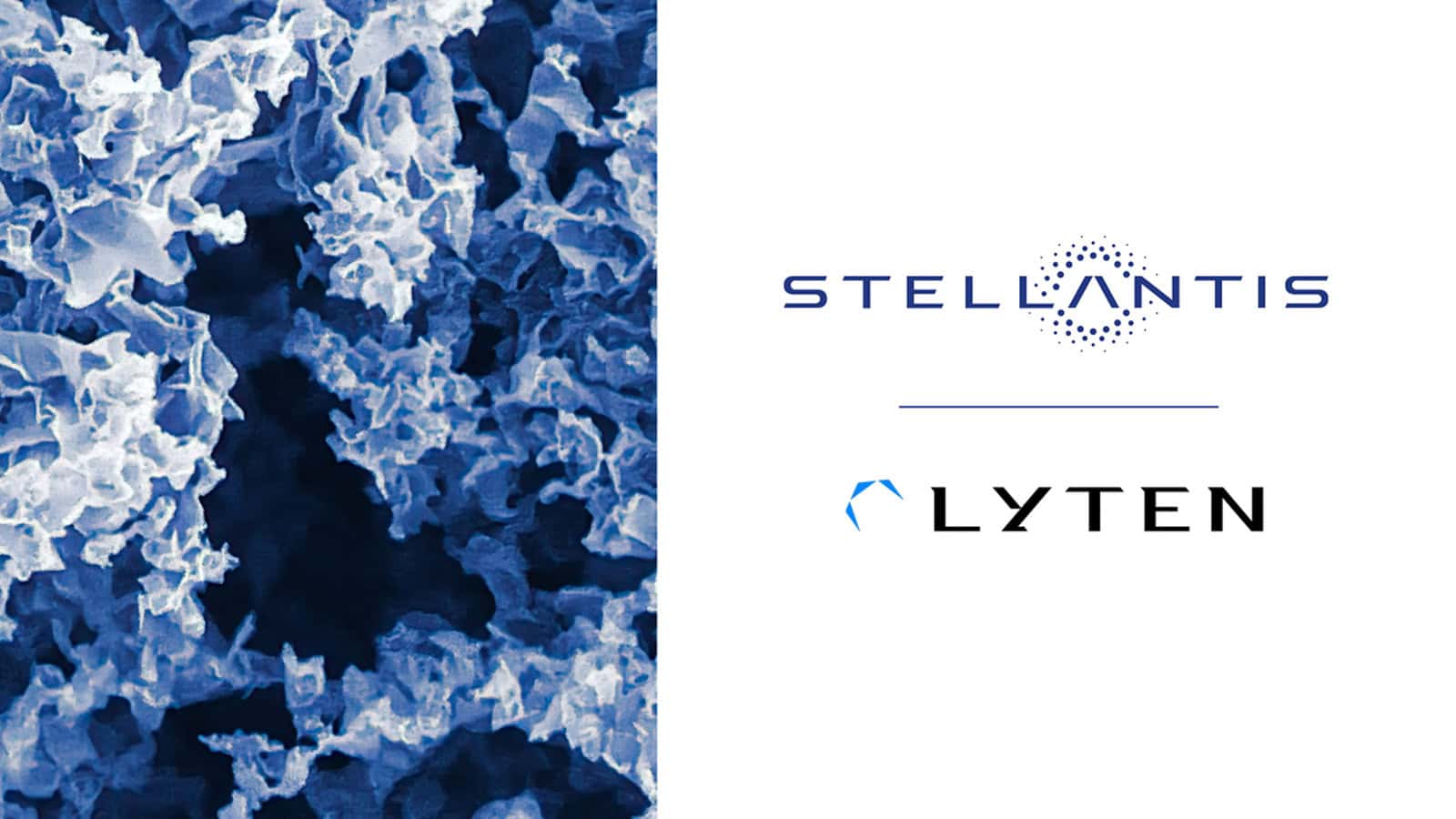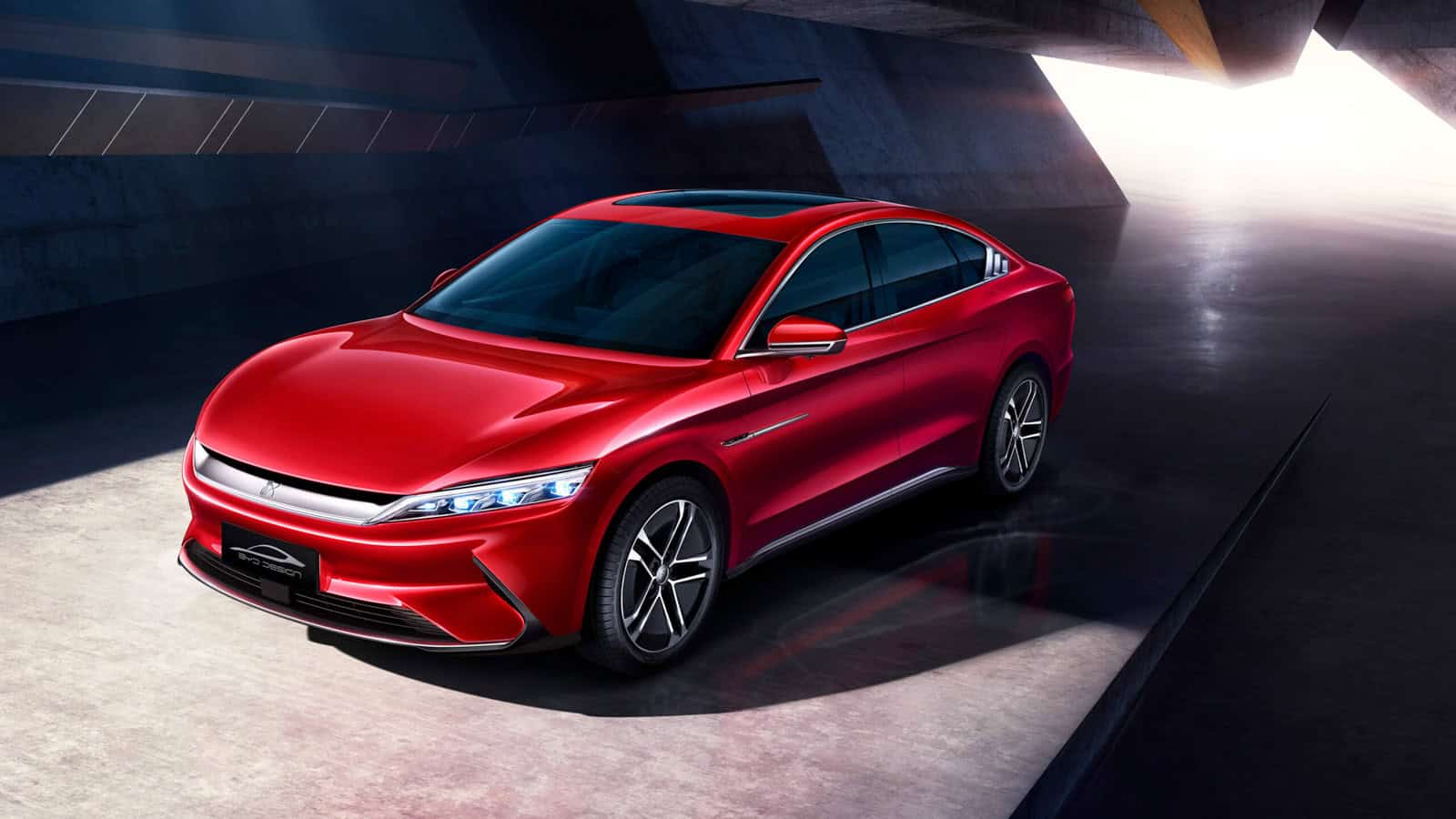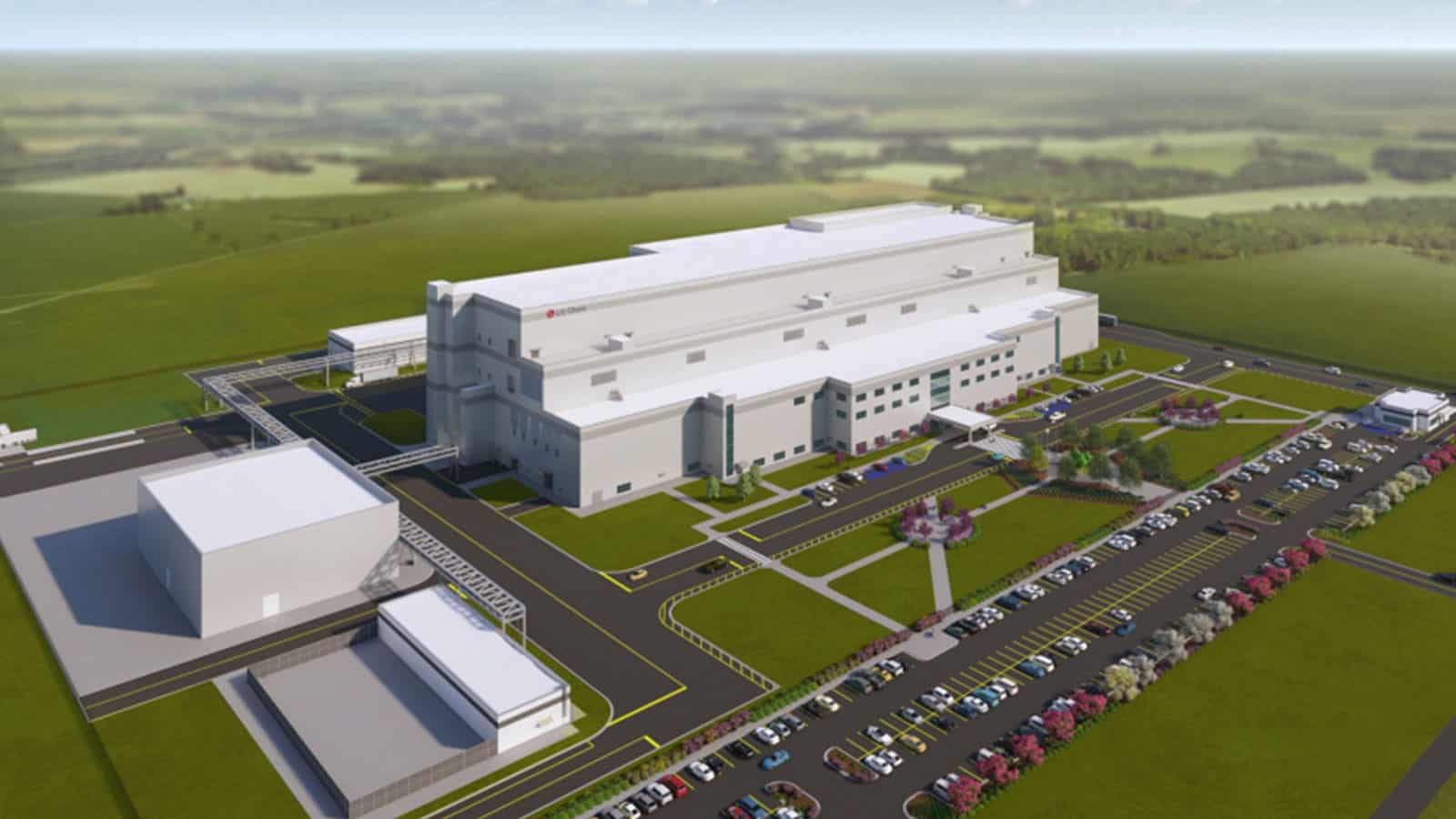Lithium is hard to find and even harder to mine, leading many EV critics to believe that the cost of producing EVs outweighs their potential environmental benefits— but what if there was another way?
German battery startup Theion is promising a new sulfur battery technology that could help mainstream electric cars offer 900 miles of range on a single charge. The key to that technology is sulfur.
Compared to nickel or manganese or cobalt or lithium, sulfur requires much less energy to produce. A lot less, in fact. Which is why, compared to conventional NMC li-ion batteries, sulfur is cheap. Like, stupid cheap. “Pennies on the dollar” levels of cheap— because sulfur is everywhere.
Rare Earth Rumble
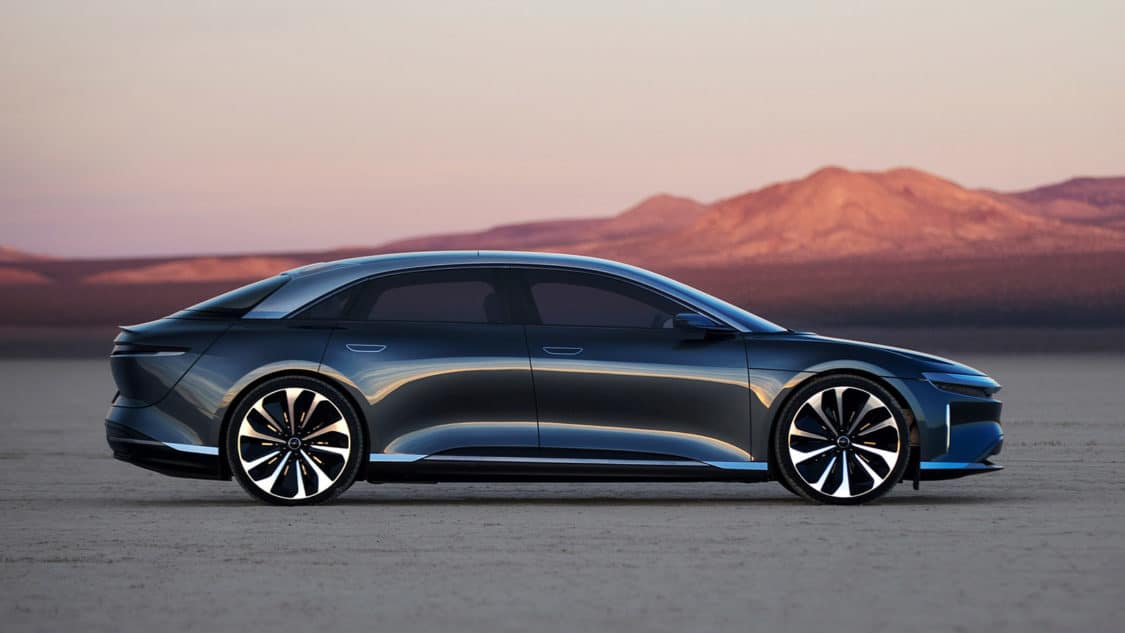
Electric cars batteries are chock-full of rare earth minerals. That makes them expensive, and — with rare exceptions — ethically problematic to produce. German company Theion is betting that it can build a competitive battery that can sidestep all of that, by basing its battery technology on minerals that are far more abundant than those used in “conventional” lithium-ion cells.
“Existing battery technology uses nickel, manganese, and cobalt for the cathode,” says Theion CEO Dr Ulrich Ehmes. “It’s called NMC 811, because it has 80% nickel, 10% cobalt, 10% manganese. In our case, we replace this NMC 811 with sulfur. So we have no nickel, no manganese, no cobalt, and we replace the current collective folds of copper and aluminum with graphene, so we have also no aluminum and no copper in our cells either. The only things we have in our cells are lithium metal foil, sulfur, and carbon.”
Theion’s next step is to ship its material later this year to aerospace customers as part of the qualification stage. From there, the company plans to service eVTOL air taxis, drones, mobile phones, and laptops before turning to electric vehicle sectors in 2024.

SOURCE | IMAGES: THEION, VIA FORBES, WHICH.EV.
FTC: We use income earning auto affiliate links. Learn more.




